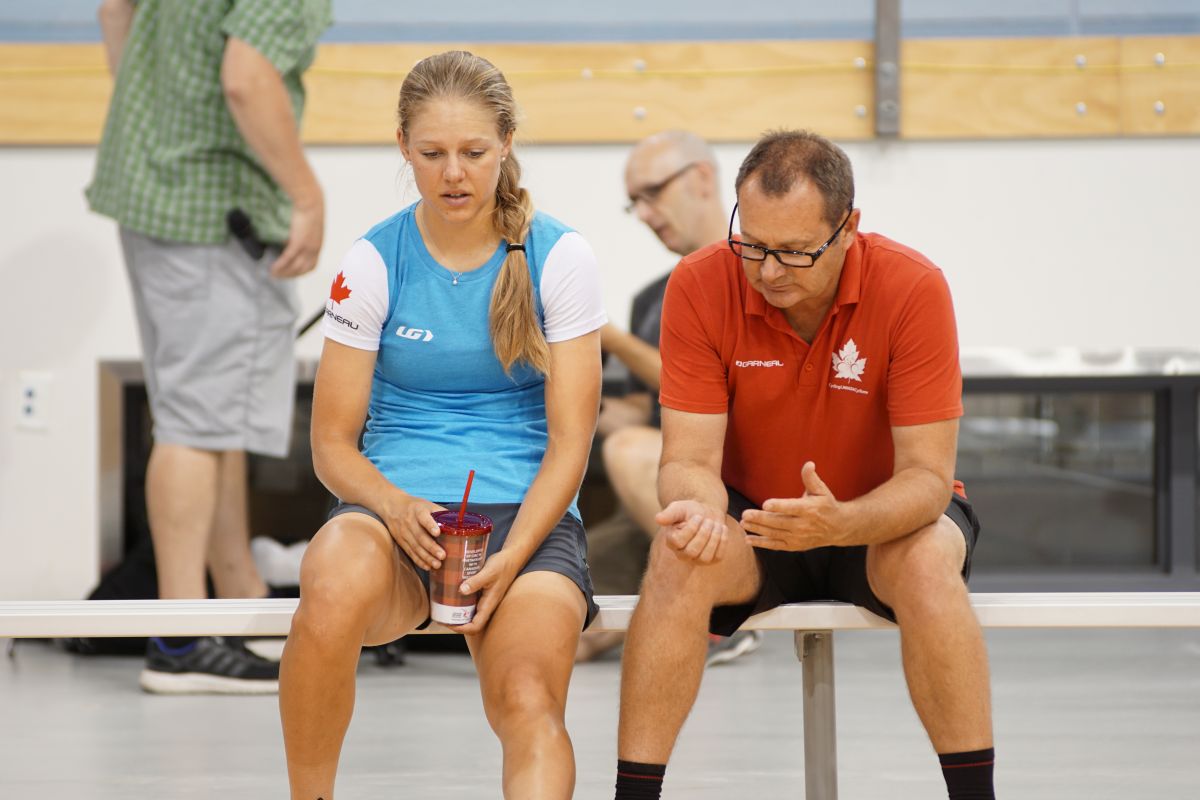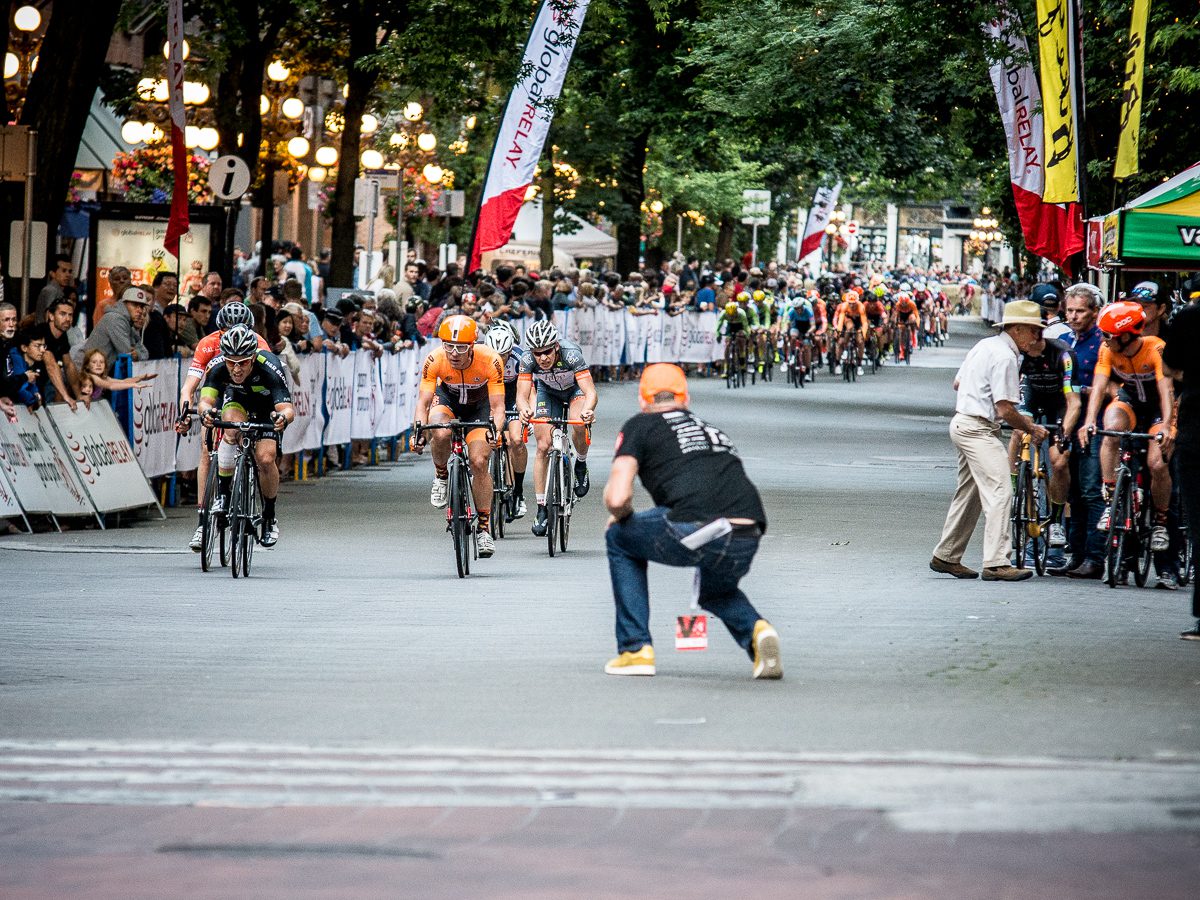The right coach: When is it time to get training help and what type is best for you?
There are many styles of coaches and each can help you improve in a different ways


Beginner cyclists often get instruction through a clinic or maybe a knowledgeable friend. Olympic cyclists usually have several coaches to help refine their form. But what about cyclists in between those two poles (that is, most of us)? Would our riding benefit from coaching? If you have a desire to get faster, more-skilled, gain confidence or complete a challenge, then coaching is for you. A coach plans for you, adjusts the training to match your recovery and helps you stay motivated along the way. As there are many different goals and types of cyclists, there are also many styles and ways that coaching is delivered. Learning the basic types of coaching will help you understand how you might improve your riding.
The skills coach
Almost every athlete I talk to ranks his or her technical skill as “good.” The number of athletes, however, who frequently dent rims, crash, take easier ride-around lines, get dropped coasting through a corner and avoid going over obstacles indicates that most riders would benefit from skills coaching. Riders, such as Danny MacAskill and Peter Sagan, have shown us there is almost no limit to our skills. It is hard to know how you are moving or positioning yourself on the bike without getting feedback. A few sessions with a coach can help you progress foundational skills to maximize your performance, fun and safety. You can even save a few bucks by not damaging equipment. Skills coaching comes in a variety of formats and price points, including group clinics, one-on-one sessions and weekly training sessions.
The motivator and supporter

If you find you lack motivation to train or know that you’re at your best when you have someone cheering you on, look for a coach who offers frequent communication. Such a coach can help change bad habits and fit healthful practices into your day. You might be included in a training group to help you train more frequently and to learn good training habits. In an individual sport such as cycling, it is empowering to have someone who believes in you and who is there to support you through challenging training and races. When talking to a potential coach, make sure you let him or her know you value the personal element and a high level of communication. You don’t want a terse, data-driven coach if you are looking for words of encouragement.
Workout optimizer
Many athletes like to focus simply on their workouts without having to build or design them. Many of my CEO clients enjoy this more data-driven approach. They are already very motivated people, but need someone to tell them what their tasks are for the day and how to fit them into the time they have available. Having data to show them they need to take a rest is also valuable. Knowing someone is spending time analyzing your fitness and giving you the workouts that will address your limiters and make you stronger, with the time you have, frees up energy for you to focus on being your best. If this feature is important, ensure your coach is data-driven and spends time adjusting training frequently to account for changes in your life and recovery.
A training plan
Training plans are usually the cheaper option in coaching that can be helpful, but do come with limitations. They provide fresh workout ideas and guidance on progressions toward a specific event goal. Most do not include feedback or adjustments to the plan, so you will have to be objective in analyzing your recovery needs and adjusting for daily life. I generally recommend that plans are accompanied by testing, skills sessions and/or phone consults to ensure the athlete gets periodic feedback to avoid getting off-track.
The mental skills consultant
Mental skills consulting is an increasingly common type of coaching that focuses on the psychological side of the sport. While it might sound kooky, concepts such as goal setting, focus and controlling nerves are essential to good performances. Many athletes haven’t mastered these skills, which will limit their abilities. A mental
performance consultant can be very helpful if you find yourself underperforming in races even when your
workouts are going great, or if you are struggling with nerves or technical mistakes.
Do your research
Once you think you are ready to try coaching, ask around your local shop, club and group rides for coach recommendations. Then interview the top three or four coaches who sound like a good fit. Ask them if they have worked with athletes with your goals and lifestyle. Inquire how they communicate and what is required of you. Make sure to understand any extra costs, such as heart-rate and power meters, in addition to the coaching cost.

Whichever type of coaching you try, I encourage you to embrace a “beginner’s mindset.” My experience has been that the more I open myself up to feedback, even in a sport I have done most of my life, the better my performance gets and the more fun and adventures I have. I am confident you will have the same experience.
